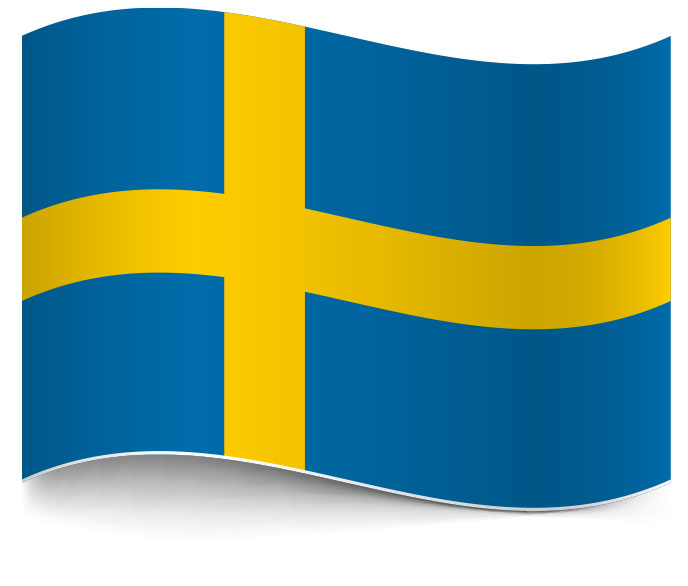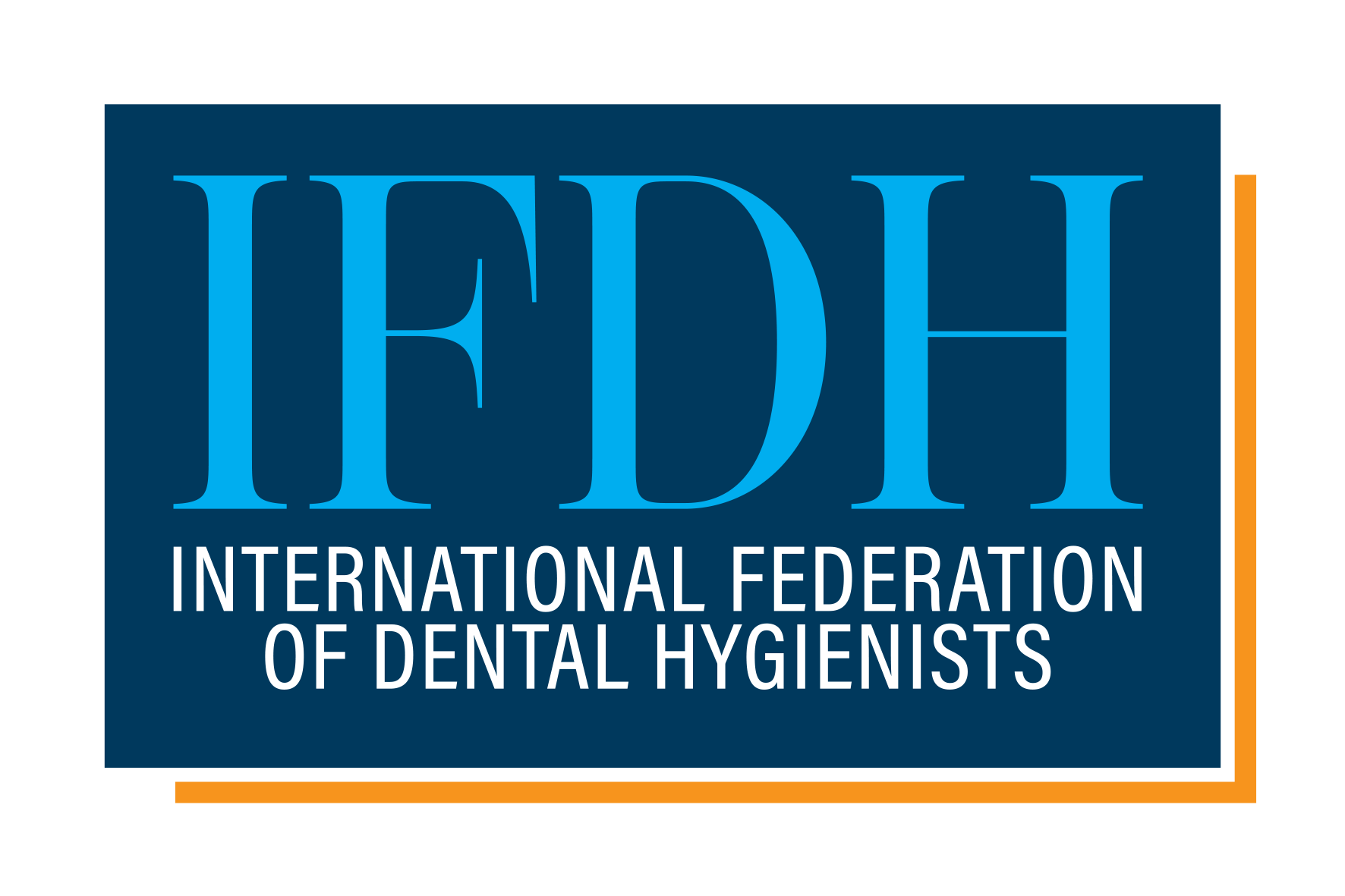Sweden
Information to work in this country is available from
SRAT/STHF
Box 1419
111 84 Stockholm
Visiting address: Malmskillnadsgatan 48
Tel: +46 8 4424460 • Fax: +46 8 4424480 • Email: info@tandhygienistforening.se
www.tandhygienistforening.se

Procedures and/or documents that are necessary to be able to work in this country
Dental Hygienists must send a copy of their diploma or certificate with a copy of their curriculumto the licensing body. If training is considered equivalent to that in Sweden, permission is given to practice. Some applicants may need to take a course to meet the requirements.
Dental Hygienist education programs are available at six schools: Karolinska Institutet – Stockholm and at the universities of Gothenburg, Karlstad, Jönköping, Umeå and Kristianstad.
Official licensing body in the country
National Board of Health and Welfare
BU enheten, 10630 Stockholm, Sweden
Tel: +46 75 2473000
https://legitimation.socialstyrelsen.se/en/
Special conditions that may apply for hygienists that obtain employment
Dental Hygienists that are accepted and licensed, may work without supervision. Dental Hygienists accepted and not licensed, may work with supervision.
Contact for Work Permit and/or Visa
The Swedish Embassy/Consulate in the country of residence.
Is a job offer required before a Work Permit/Visa is issued?
Not if the applicant is from the EU or the Nordic countries. Not if the applicant has a close relative living in Sweden and requires a resident permit. Not when the applicant requires a resident permit for studies.
Yes, if the applicant is not from the EU or Nordic countries and requires a work permit.
Main local and/or official language(s)
Swedish and Finnish. It is necessary to be fluent in Swedish. Dental Hygienists may be asked to sit a national test in Swedish.
Are hygienists qualified overseas required to sit the country's national examination?
No.
Information on the local working environment
Full time work consists of 40 hours per week. 55% of dental hygienists work in the public sector, 42% work in the private sector. 3% are independent practitioners.
Standard tasks that a hygienist is allowed to undertake in the country
- Examination of patient
- Recording and interpretation of oral health status
- Treatment planning regarding dental hygiene
- Preventive oral health information and motivation
- Preventive and therapeutic measures including fluoride and anti-microbial agents, fissure sealants
- Sub and supra gingival scaling, polishing
- Local anaesthesia
- Development and application of health programmes for all ages
Further information
Job opportunities are fairly good at present and in the near future we can’t see that it will change.
Country Statistics
| Total Population | 10, 20 milj |
| Number of Dental Hygienists, Female / Male | 4.500 / 130 |
| Number of Dentists | 9,000 |
| Number of Dental Hygiene Schools / Students per year | 6 / 200 |
| Practicing Dental Hygienists: Full-time / Part-time | 3,900 / 430 |
| Number of Dental Hygienists in private sector / public sector | 1,800 / 2,500 |
| Number of Dental Hygienists practicing as Clinicians | 4,300 |
| Number of Dental Hygienists practicing as Educators | 80 |
| Dental Hygienists practicing as Administrators and/or Consultants | 120 |
| Number of Dental Hygienists in other practice settings | 250, independent clinicians |
Information based on data received by IFDH in:
2020
NOTE: The information provided above is for general guidance only. The International Federation of Dental Hygienists advises all hygienists to contact the country’s relevant licensing bodies and agencies for current information and regulations.





